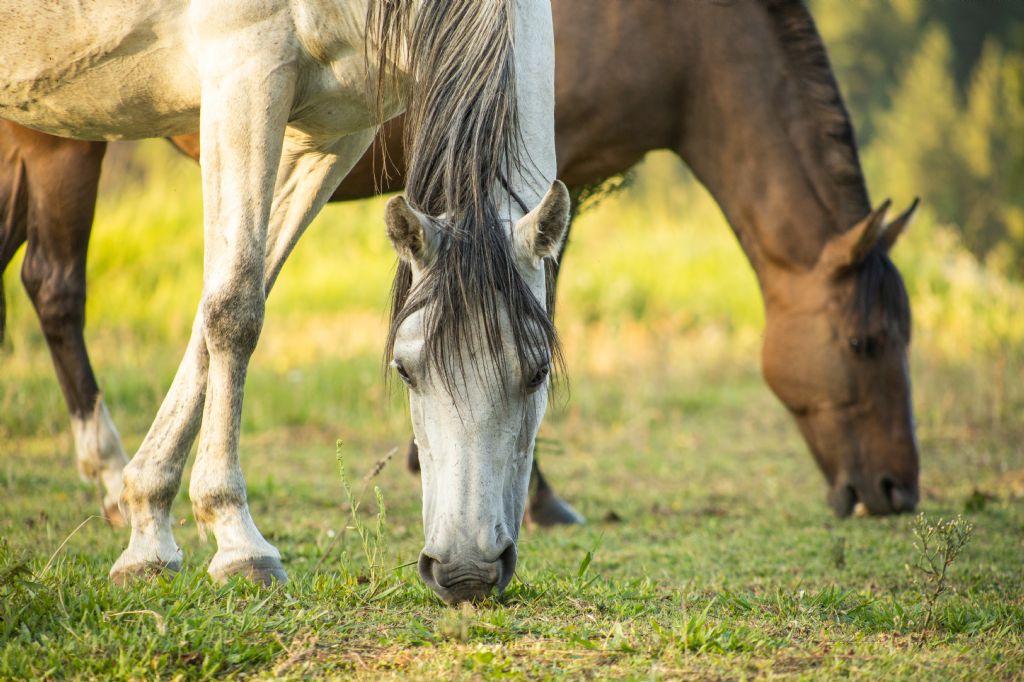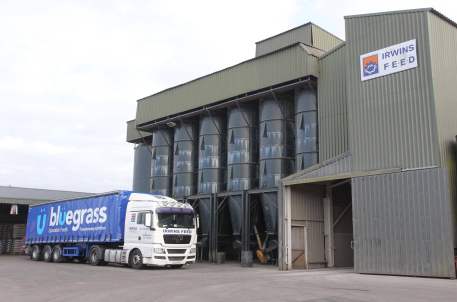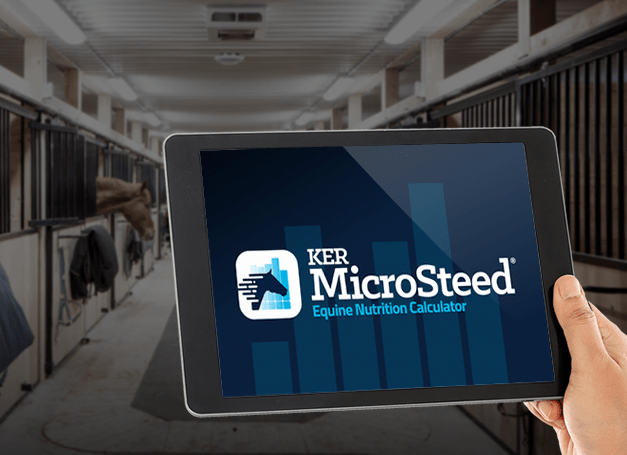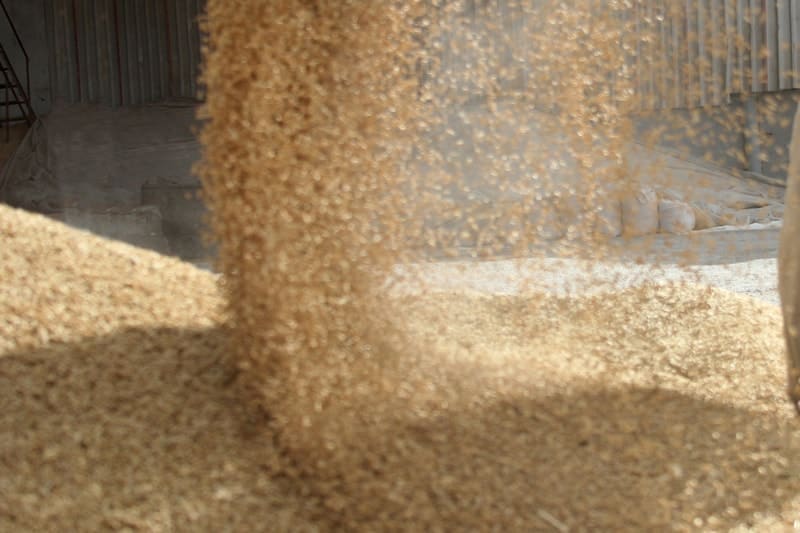Bluegrass News
Vitamins are essential components of a horse's diet for growth, tissue maintenance, body functions, reproduction, and performance. Vitamins can be divided into two groups; water-soluble (vitamins C and B – complex) and fat-soluble (vitamins A, D, E, and K). Some vitamins are produced by the horse and others are supplied in their diet.
Vitamin A (Fat-Soluble) – The precursor for Vitamin A is beta-carotene found in fresh grass and good quality hay. Vitamin A is stored in the liver and stores are reduced as they are needed. It is important for reproduction, eye function, skeletal, skin, and muscle health. Deficiencies can result in reproductive problems, decreased immunity, bone, and growth abnormalities. Excessive levels of Vitamin A can cause weight loss and neurological problems.
Vitamin D (Fat-Soluble) - Exposure to sunlight results in the production of Vitamin D within the skin, it is also supplied in grass and hay. Increased stable confinement and the use of rugs during winter months can reduce the amount of sunlight exposure and therefore Vitamin D produced. Providing a fortified feed at the manufacturer's recommended feeding guidelines or a balancer will help to support this decline. Vitamin D is important for skeletal development and helps to regulate calcium and phosphorous absorption. Deficiencies can result in bone abnormalities, and toxicity can lead to stiffness and deposition of calcium in internal organs.
Vitamin E (Fat-Soluble) – An important anti-oxidant that helps to support the function of the nervous, reproductive, and immune system. There are often higher levels of Vitamin E in breeding and performance fortified feeds. Vitamin E is found in grass and hay and works in conjunction with the trace mineral selenium. Deficiencies can lead to muscle trembling’s, weakness, atrophy, and muscle tone loss.
Vitamin K (Fat-Soluble) – Present in grass and hay, but also produced by the hindgut microbiome population. Vitamin K is an important factor for blood clotting. Ulcers, mycotoxin contamination, and antibacterial treatment can negatively impact the production of Vitamin K by the hindgut.
Vitamin C (Water-Soluble) – Also known as ascorbic acid and is synthesised in the liver from glucose. Vitamin C is essential for the formation of teeth, bones, collagen, and is an anti-oxidant. Excessive amounts are not stored but excreted in the urine.
Vitamin B -Complex (Water-Soluble) – A complex of several substances including niacin, thiamine, biotin, cobalamine, folacin, riboflavin, and pantothenic acid. Vitamin B is produced from organic compound foods and by the microbiome of the hindgut.
As grass quality decreases and hay matures the vitamin content declines, providing a fortified feed or balancer at the manufacturer's feeding guidelines can help to meet horse requirements.
Feeding at the manufacture's guidelines for fortified feeds should meet the vitamin requirements for that horse's workload, age, or status. For advice on feeding guidelines and developing a balanced diet, speak to a Bluegrass Horse Feed nutritional advisor at +44 (0)28 3754 8276 or info@bluegrasshorsefeed.com.












